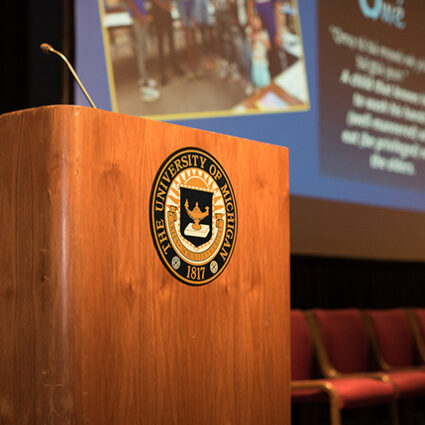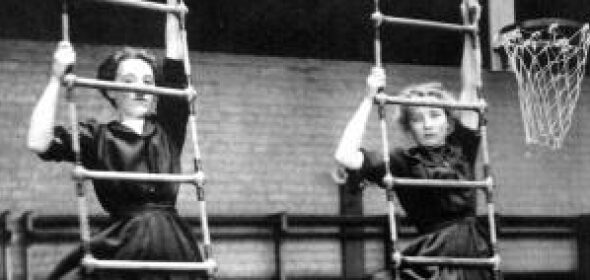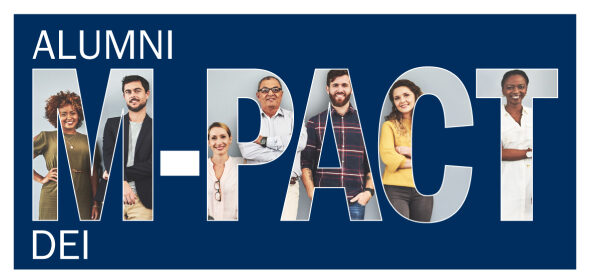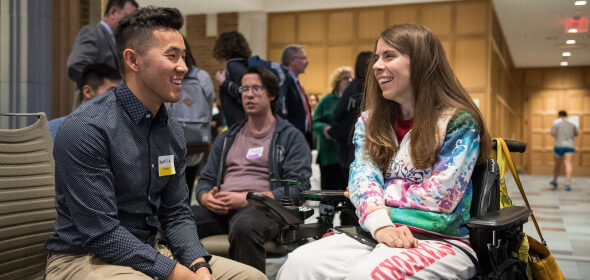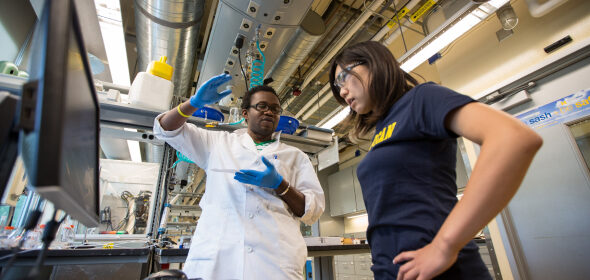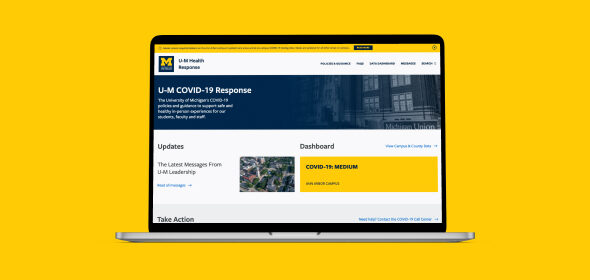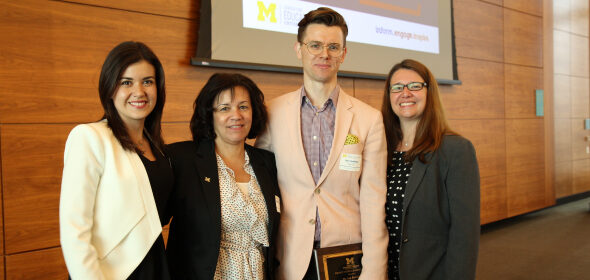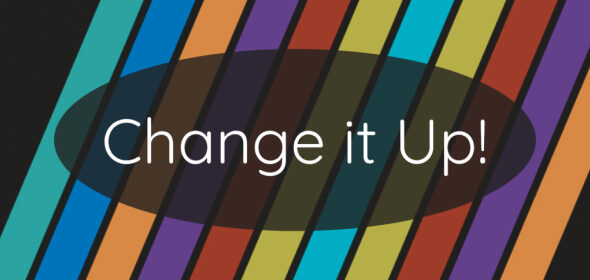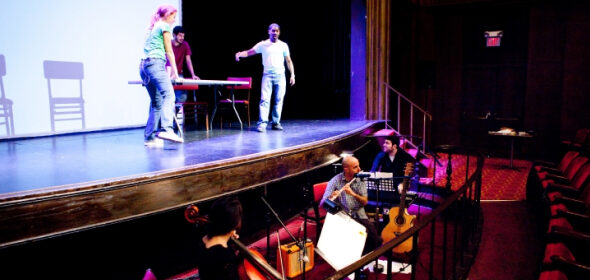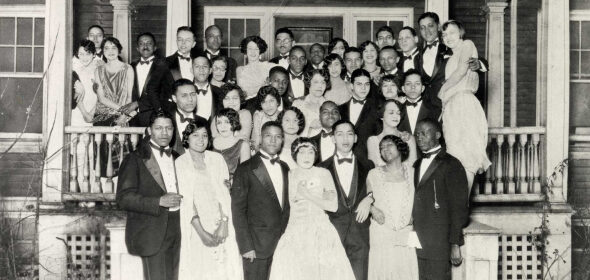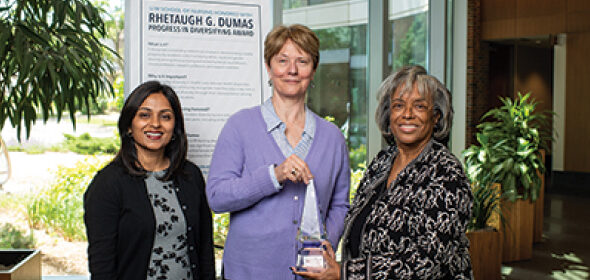
Supporting Internal Community-led Initiatives and Events
As part of its DEI efforts, the U-M School of Nursing supported the development of several new community-based student organizations including the Future Black Healthcare Professionals, Nursing Students of Color, a chapter of the American Association of Men In Nursing, LGBTQ Nursing, Disability Nursing Association, and the COPE Student Wellness Group. The school also launched a Culture Champions Organization to promote culture change and hosted several community-based events such as Brave Space and the Health Equity Speaker Series. These and other initiatives—which engaged large numbers of students, faculty and staff—provided opportunities for participants to create spaces of belonging, learning and community where knowledge and experience could be shared, and where stories could be heard with compassion and mutual respect. Over the course of DEI 1.0, UMSN saw consistent growth in participation for all events. That trend increased sharply during the pandemic and the months of virtual learning that ensued.
Unit: School of Nursing

